

Past Event
9:00 am - 12:30 pm EST
1775 Massachusetts Avenue N.W.
Washington, DC
20036
While the prospects of Korean unification may appear grim in light of continued tensions between the two Koreas, such outlooks have not deterred the ongoing preparation process for unification. Over the past several decades, policymakers and experts have devised varied unification scenarios to deal with the ever-changing political and security situations on the peninsula. Now with South Korea’s expanded role as a middle power nation, unification will undoubtedly include far-reaching implications pertaining to global security, economics, and geopolitics. Such implications will demand a greater role from international actors in the process.
On February 27 to 28, the Center for East Asia Policy Studies co-hosted a conference on the prospects of Korean unification and its global political and economic implications. Jointly organized by the Centre for Applied Macroeconomic Analysis at the Australian National University, the Asiatic Research Institute at Korea University, and the Korea Institute for International Economic Policy, the conference convened renowned Korean and international specialists in academia and research institutes to present their academic and policy-oriented research. This was the third in a series of conferences organized on Korean unification—the earlier workshops were in Seoul in 2015 and Canberra, Australia in 2016.
The conference focused on reviewing recent developments in the Korean peninsula and Northeast Asia, analyzing various scenarios of Korean unification, and assessing the economic and security effects of unification on North and South Korea and the Asia-Pacific region. Participants also provided insights from other international cases of unification and discussed a direction for policies towards cooperation and peace in Northeast Asia.
Moderator

Panelist
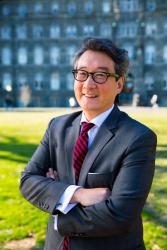
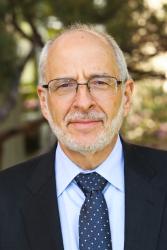
Moderator

Panelist
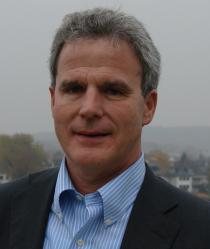
Moderator
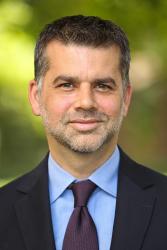
Moderator
Panelist

Panelist



Moderator
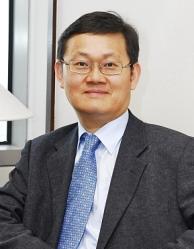
Panelist

Richard C. Bush, Ryan Hass
March 4, 2026

Suzanne Maloney, Itamar Rabinovich, Mara Karlin, Vanda Felbab-Brown, Stephanie T. Williams, Sharan Grewal, Steven Heydemann, Dafna H. Rand, Aslı Aydıntaşbaş, Kemal Kirişci, Hady Amr, Constanze Stelzenmüller, Pavel K. Baev, Steven Pifer, Ryan Hass, Tanvi Madan, Lynn Kuok, Michael E. O’Hanlon, Caitlin Talmadge, Joshua Rovner, Samantha Gross, William A. Galston, Scott R. Anderson +18 more
March 3, 2026

Tanvi Madan
February 26, 2026